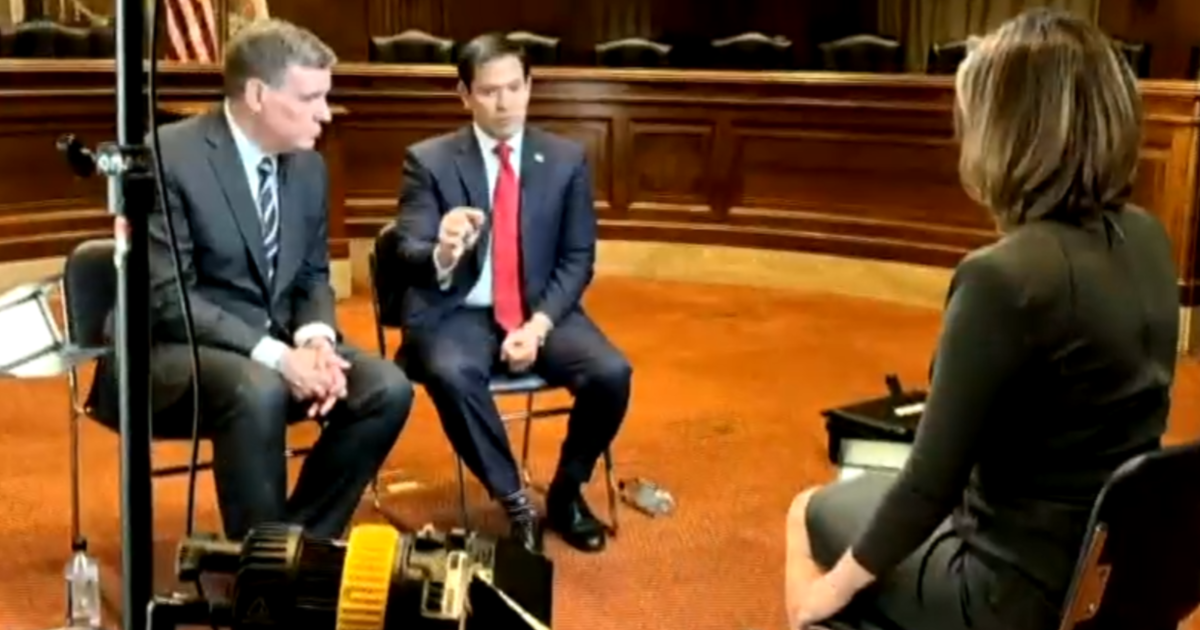Sens. Mark Warner and Marco Rubio, who lead the Senate Intelligence Committee, have raised concerns about the popular social media app TikTok, which is owned by a China-based company. They view the app as a potential national security threat due to the possibility of the Chinese government accessing user data and using it for manipulation or spying. A House bill has been introduced to address these concerns, which would require TikTok to either sell the app or be banned from U.S. app stores. Warner and Rubio believe that TikTok, with its large number of American users, could be a powerful propaganda tool for the Chinese Communist Party.
The senators highlighted the ownership of TikTok’s algorithm by the Chinese company ByteDance, which is subject to Chinese law. They argue that this poses a risk because the algorithm relies on access to user data, which could be exploited by engineers in China. Rubio emphasized that whoever owns the algorithm will have access to the data, regardless of the company’s headquarters location. The bill targeting TikTok is set for a vote in the House this week, with President Biden indicating that he would sign it into law if it passes both chambers, despite his recent campaign presence on the app.
Warner and Rubio expressed concern about the potential for the Chinese Communist Party to manipulate the news and information shared on TikTok through its algorithm. They believe that the app’s data collection practices could make it vulnerable to exploitation by foreign entities, posing a threat to national security. The senators stressed the need for swift action to address these risks, given TikTok’s widespread popularity among young Americans and its potential influence on public opinion.
The renewed focus on TikTok as a national security issue has garnered bipartisan support in Congress, with lawmakers moving quickly to address the concerns raised by Warner and Rubio. The legislation targeting TikTok reflects a growing awareness of the potential risks associated with foreign-owned social media platforms and the need to protect user data from exploitation. The senators’ warnings about TikTok serve as a reminder of the complex challenges posed by the globalization of technology and the importance of safeguarding national interests in the digital age.
In conclusion, Sens. Mark Warner and Marco Rubio have sounded the alarm about TikTok’s potential threat to national security, citing concerns about data privacy and foreign influence. The bipartisan push to address these issues through legislation underscores the growing recognition of the risks posed by foreign-owned social media platforms. As the House prepares to vote on the bill targeting TikTok, the debate over how to balance innovation and security in the digital sphere continues to evolve, raising important questions about the future of technology regulation and national defense.









